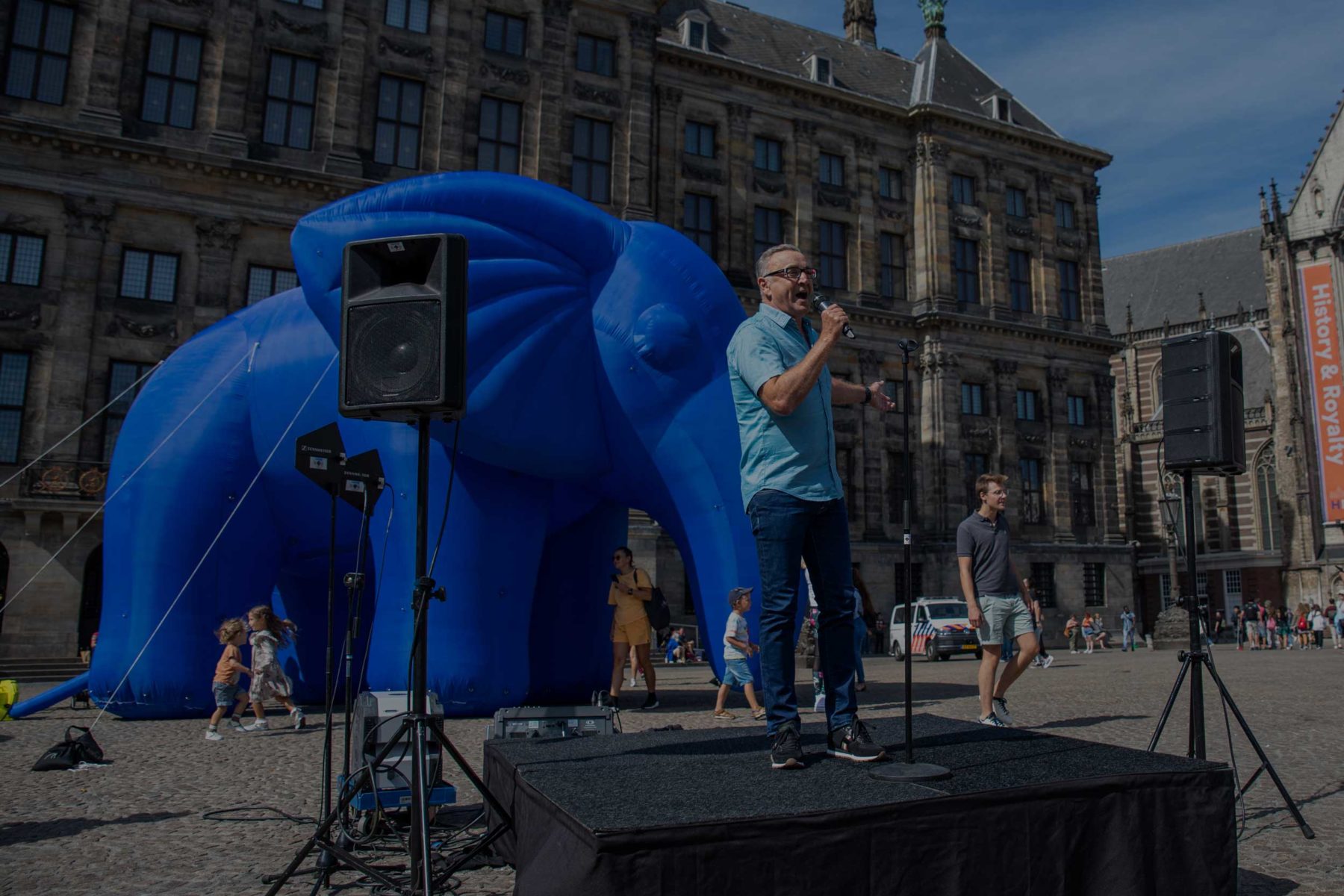Founders' Dream
We founded Human Act to end extreme poverty and to ensure everyone can live with dignity, with access to clean water, food, health care, and education. Ending poverty will reduce violence, modern slavery, refugee flows, and environmental harm, and create a safer, fairer world for all.
We’re trying to launch a non-violent movement, inspired by Thoreau, Tolstoy, Gandhi, Mandela, and Martin Luther King. Like Gandhi’s resistance in peace, we’ll rally citizens worldwide in peaceful gatherings against extreme inequality.
Today, the richest 1 % hold more wealth than the other 99 % combined. This stark imbalance threatens democracy, allowing the few to shape laws and economies. Meanwhile, millions still suffer under inhuman conditions. We believe that redirecting just 1 % of that wealth through a global annual tax could end extreme poverty.
Our vision is simple: a world where resources, services, and power are shared fairly, a world without tax havens, where the richest pay their fair share. We refuse to accept poverty as inevitable or natural. It is manufactured and therefore can be dismantled by collective will, moral courage, and new governance.
Will you join us? Together, we can persuade leaders to act now, not by 2030 or 2050, because time is running out. We can make a world without extreme poverty and reach the United Nations’ 17 Sustainable Development Goals.
As Nelson Mandela said, “It always seems impossible until it is done.”
Together we can make this happen!
Best Regards,
Ané Maro and Djaffar Shalchi










